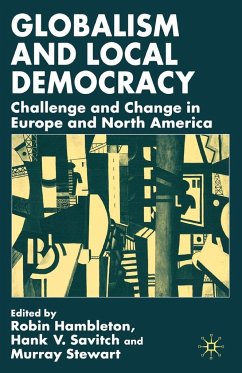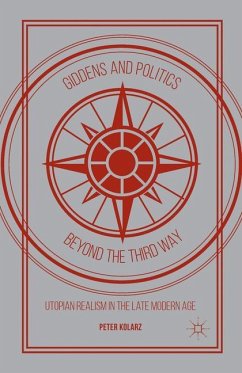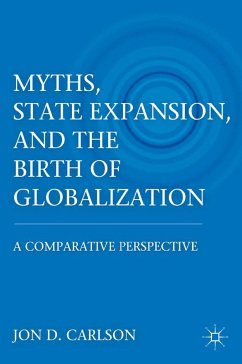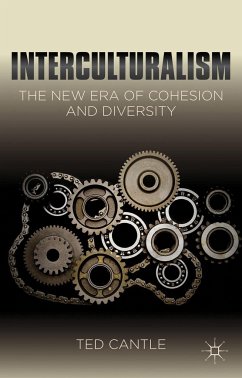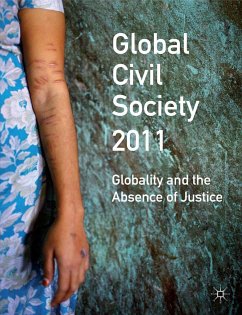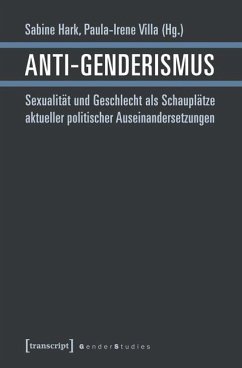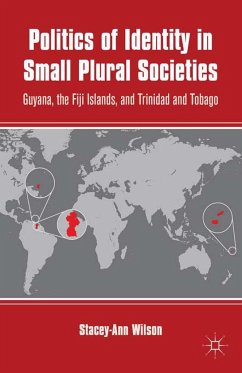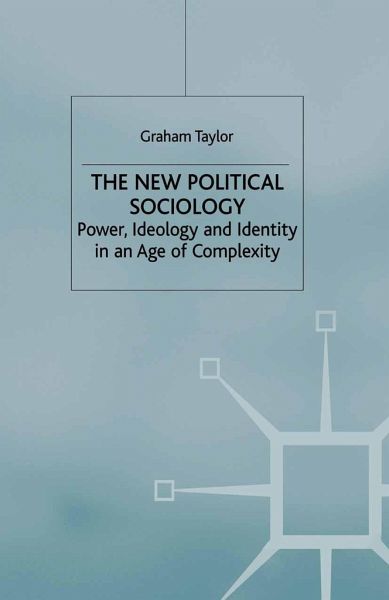
The New Political Sociology
Power, Ideology and Identity in an Age of Complexity

PAYBACK Punkte
38 °P sammeln!
The fall of the Berlin Wall, the emergence of a global terrorist threat, the growing strength of global political institutions, movements and networks, the political integration of Europe and the emergence of regional trading blocs - the last decade has seen a fundamental transformation of political institutions and the social environments in which they operate. It has also witnessed ongoing challenges to traditional theoretical debates in the form of cultural, global and complexity 'turns' in social and political theory. This timely and provacative text updates political sociology for the 21s...
The fall of the Berlin Wall, the emergence of a global terrorist threat, the growing strength of global political institutions, movements and networks, the political integration of Europe and the emergence of regional trading blocs - the last decade has seen a fundamental transformation of political institutions and the social environments in which they operate. It has also witnessed ongoing challenges to traditional theoretical debates in the form of cultural, global and complexity 'turns' in social and political theory.
This timely and provacative text updates political sociology for the 21st century. Providing a comprehensive and critical overview, it examines how theoretical 'turns' have impacted upon key political developments and controversies. Further, Graham Taylor argues the case for an 'existential turn' in political sociology which best captures the ways in which complex global power relations are lived and experienced.
This is an essential guide for students seeking a thorough understanding of the workings of politics and society in the new millennium.
This timely and provacative text updates political sociology for the 21st century. Providing a comprehensive and critical overview, it examines how theoretical 'turns' have impacted upon key political developments and controversies. Further, Graham Taylor argues the case for an 'existential turn' in political sociology which best captures the ways in which complex global power relations are lived and experienced.
This is an essential guide for students seeking a thorough understanding of the workings of politics and society in the new millennium.





